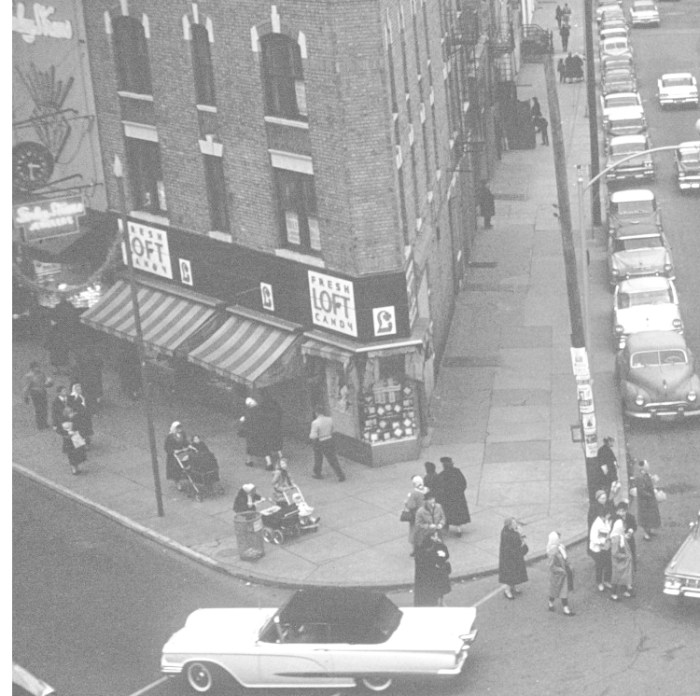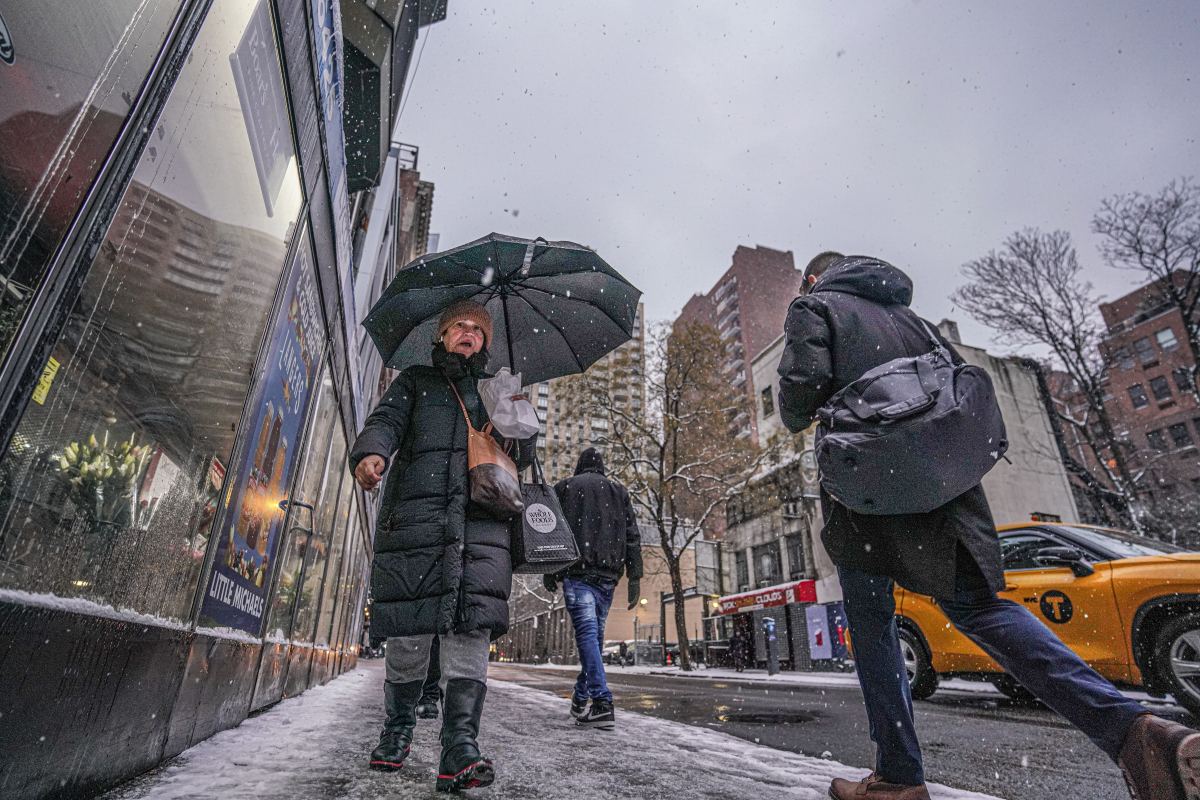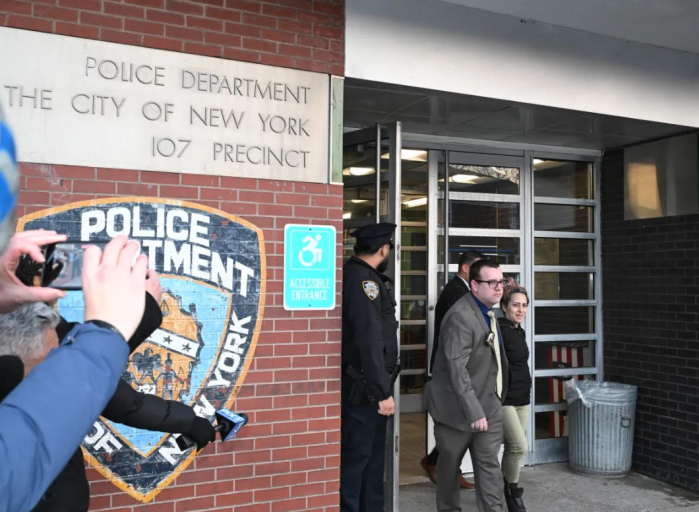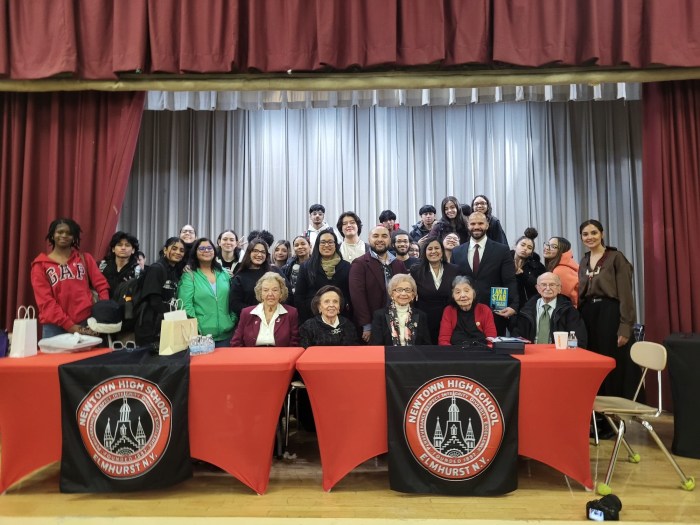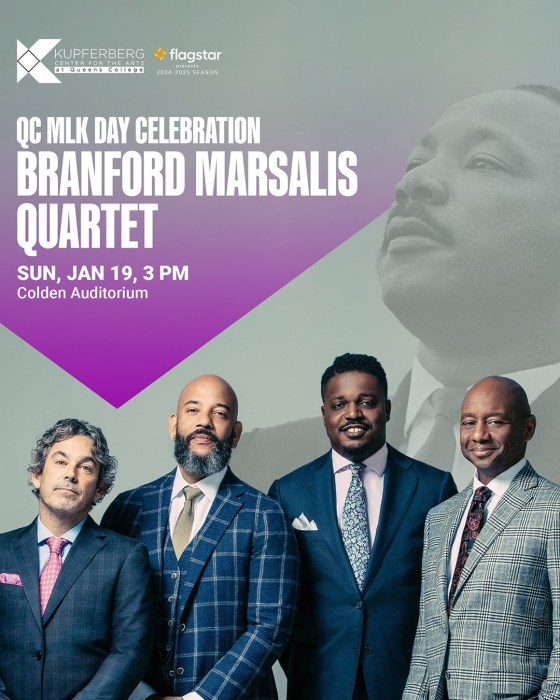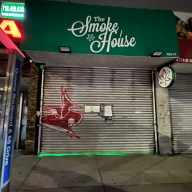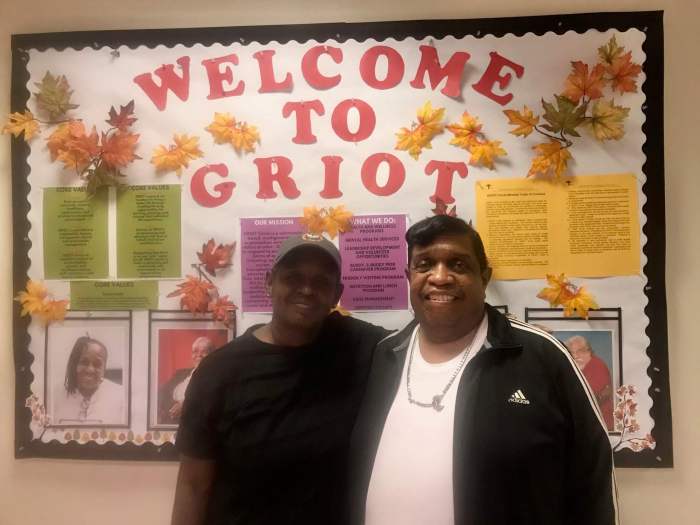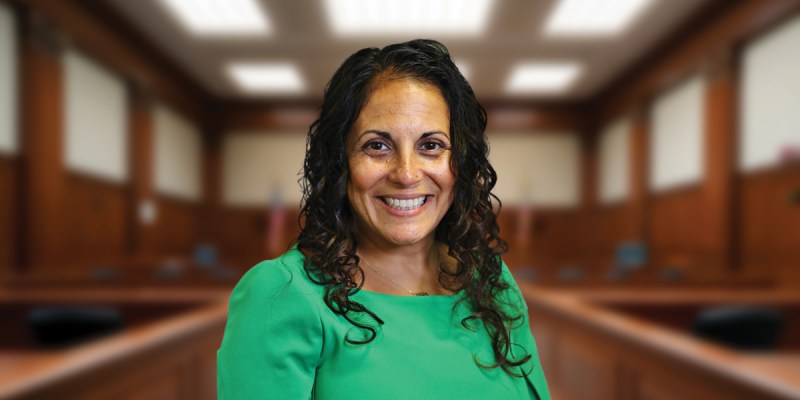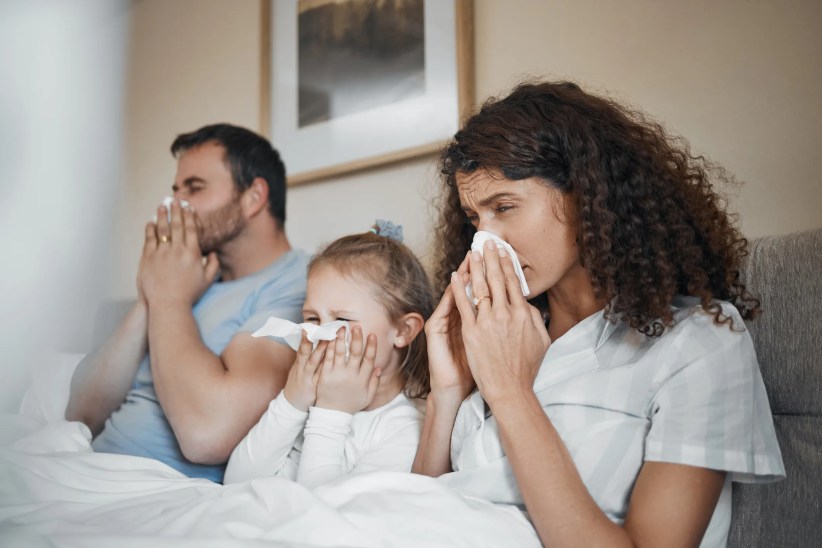By Anthony Bosco
It has been more than 50 years since Jack McGorry, Bill Kearns and Jim Gray founded the Bayside Little League on a field that has long since been plowed over in the name of progress to make way for homes and a bevy of businesses near the corner of 35th Avenue and Bell Boulevard.
And like the old ball field that is no more, the current incarnation of the Bayside Little League bares little resemblance to its ancestor. As the league enters its 50th year as a chartered member of Little League, it does so as one of the largest of its kind in New York state, catering to some 940 children.
Commissioner Bob Reid, who has held his post for the better part of 10 years, has turned his volunteer position, along with the 25 other board members, into a year-round labor of love. In all, some 240 volunteers dedicate their spare time to the league, which officially kicked off the 2003 spring season Saturday. The annual parade was postponed because of rain.
Like so many before him, Reid first became involved with the league because his son, Jonathan, wanted to play. Now 21, Jonathan has been out of the league for more than four years, but Reid, a detective with the 114th Precinct in Astoria, has stayed.
“I just wanted to keep our community together, give the kids something to do outside instead of sitting in the house playing video games,” said Reid, a 53-year-old Bayside resident.
Reid, who has put in 29 years on the force, was set to retire four years ago when he became eligible for a full pension. But, like his job with the Little League, he wasn’t ready to walk away just because it was expected of him.
“I was going to [retire], but I stopped,” he said. “My children are all grown. I don’t need the money for retirement. A lot of guys retire at 20 or 25 because they got to get that pension money and go out and get anther full-time job for college and stuff like that. I don’t have any children I have to worry about. My house is paid off pretty much, I’m comfortable with what I’m doing. I’m having a good time.
“That’s what led me to stay doing what I’m doing now,” Reid added. “I’m feeding my community where I work, and I’m feeding my community where I live. I just felt it was important to give back to the community what they gave back to us.”
Reid’s desk at the 114th has become the unofficial headquarters for the Bayside Little League. Known to his co-workers as the “Little League desk,” Reid’s workspace is as much dedicated to youth baseball as it is to fighting crime.
In Reid’s decade or so as the head of the organization, the Bayside Little League has blossomed into the premier organization in Queens. Players from all over the borough play for the league’s in-house spring program, while the league also produces some of the better district tournament teams in Queens.
So popular is the league that Reid often has to turn players away, sending them to the neighboring DePhillips Athletic Club, a non-Little League youth baseball organization based in Whitestone.
“I would love to expand the program,” Reid said. “But unless there are other fields I can go to, I can’t take any more children. I’m up to about 940 kids. That includes seven divisions, not including the girls’ softball division, which we share with three other leagues.”
The league plays the bulk of its games at Crocheron Park, as it has since the very infancy of the program. But unlike those old days when the league was a mere four teams, the Bayside Little League now houses more than 60 teams for players ranging in age from 5 to 18.
New York City built the two 60-foot Little League diamonds just off 35th Avenue in Crocheron Park after it forced the league out of the old lot that was a few blocks west. Bayside also uses a 90-foot diamond in the park, as well as the three fields at John Golden Field, a track of land now part of Crocheron Park that was donated to the city by Broadway producer John Golden after his death. The league also plays regularly on fields in Cunningham Park and Fort Totten.
Organizing all the players, teams, fields, umpires and volunteers is a massive undertaking that Reid has run for 10 or so years without any financial benefit to himself.
“The board has 26 members on it,” he said. “Out of those 26 members, there’s my spot, which is commissioner. I have an assistant, who is Marcial Alzugaray, then I have a treasurer, I have a uniform director, I have an equipment director and each division, all seven divisions, have their own president, including the Texas Division, which has two presidents because it’s so big.
“Then I have a legal advisor on the board, a sponsor chairman — all of these people doing separate jobs within the program to keep it running as good as it is. And they do other stuff, too. It’s a non-profit, non-salary business. We have to run it like a business if we want it to succeed.”
The league was not always in such good hands.
During the 1980s, the league was run by Walter Swartz, who basically did the entire organizational work himself. And, with the league being about half the size it is today, Swartz was able to handle most of the heavy lifting. But when Swartz’s health began to fail, the league, Reid said, fell on hard times, especially financially.
“One man can’t do it,” Reid said. “The program’s always been great, without a doubt. The people who were running it back then were dedicated to making it a good program for the kids.”
He pointed out that “expense-wise nothing was being watched closely. These companies could just rob us blind and there were no bills. It was just cash going back and forth. Nothing was regulated. It was falling apart because he was doing it all by himself and nobody was helping him. It was starting to deteriorate.”
After Swartz died, his duties fell to an interim commissioner, Mike McMahon, before Joe Kessler was elected commissioner in 1990.
Kessler, a longtime Bayside resident and former player in the league, had been volunteering as a young adult and was handed the reins of a league that had all but begun to fall apart.
“Nobody seemed to know how to do anything,” Kessler said. “Bills hadn’t been paid. The league was definitely in the red. We had to made an emergency decision, and that’s when they decided to elect me president.
“We revamped the entire board of directors,” added Kessler, a teacher at PS 107 and coach with the AAU baseball organization the Bayside Yankees. “Actual positions were given out, and people had actual responsibilities for the first time in years.”
It was under Kessler’s brief tenure as commissioner that the league’s registration total first surpassed the 700 mark. The league also started a division called the Texas Farm, or manager-pitch division for players 7 years old, to slow the ascent from the 5- and 6-year-old PeeWee or t-ball division to the 8-year-old player-pitch Texas Division.
“We advanced the league in the ’90s with the addition of the Texas Farm League,” Kessler said. “It helped us bring in kids at the age of 5. PeeWee became 5 and 6, and Texas Farm became 7-year-olds. That brought in a lot of kids.”
Reid took over after Kessler stepped down following the 1992 season.
Reid, originally of Elmhurst, played baseball as a kid with the Elmjack Little League but visited Bayside regularly after his grandmother moved to the neighborhood in the mid-1950s.
“My grandmother bought a house here on 210th Street,” Reid said. “I still pass the house. I wish I could have afforded to buy it. It was a gorgeous house.
“I was always coming here,” he added. “When [my wife, Angela, and I] were able to afford to buy a house, we definitely came to Bayside.”
Reid began his affiliation with the league as a volunteer, and then he became a manager and eventually was named Minor Division president. When Kessler took over as commissioner, Reid was named his assistant and was the most likely person to succeed his predecessor in the early 1990s.
Under his guidance the league has continued to grow. But unless there are changes to the state of the fields in Queens, the league will have to stop growing.
“All our fields are public park property,” Reid said. “That’s really what our whole major problem is — that we can’t expand to more children in the program because we’re locked in to whatever fields are available. In this day and age, there are no new fields to be able to use or apply for. Whatever fields we have are what we have to deal with.”
The league’s geographic boundaries, which are regulated by Little League headquarters in Williamsports, Pa., basically extend from Northern Boulevard and the Cross Island Parkway to the east to Northern Boulevard and 152nd Street in Flushing and all the way north up 152nd Street to the water.
And while Reid takes players from all over the borough — though Little League rules forbid players from outside the league’s boundaries from playing in outside competition, such as the Little League World Series — he stresses that no Little League, no matter how good or large, is the place to send a superstar.
“If you want your child to become a superstar at baseball — which I think is a joke because it’s so hard to compete — Little League is not the route you’re going to go. Little League is the route you’re going to go to teach, develop a child, but to become a really good ballplayer you want him to go out and play on traveling teams.
“Don’t count on Little League doing that; it’s not going to happen. Our managers and coaches, all they are are parents who are willing to volunteer their spare time to work with kids.”
And working with kids is what it is all about for Reid. While he has run the Bayside Little League as a business, making it one of the most successful and largest in the entire state, it all comes down to teaching children how to make their way in the world using baseball as the tool.
“I try to explain to all the managers and coaches that we’re not here to win baseball games,” Reid said. “We’re here to teach the kids baseball. But in learning baseball, they are also trying to learn life, the ups and downs of winning and losing.
“I always tell the parents that at the end of the game they shouldn’t ask their child whether or not they won or lost. They should be asking them if they had fun. As long as a child says, ‘Yes, I did have fun,’ you’re ahead of the game whether they won the game or not.”
And while Reid’s children are grown, he has a new reason to stay involved with the league.
“My grandson starts this year in PeeWee,” Reid said. “He’s all excited.”
Reach Sports Editor Anthony Bosco by e-mail at TimesLedger@aol.com or call 718-229-0300, Ext. 130.

